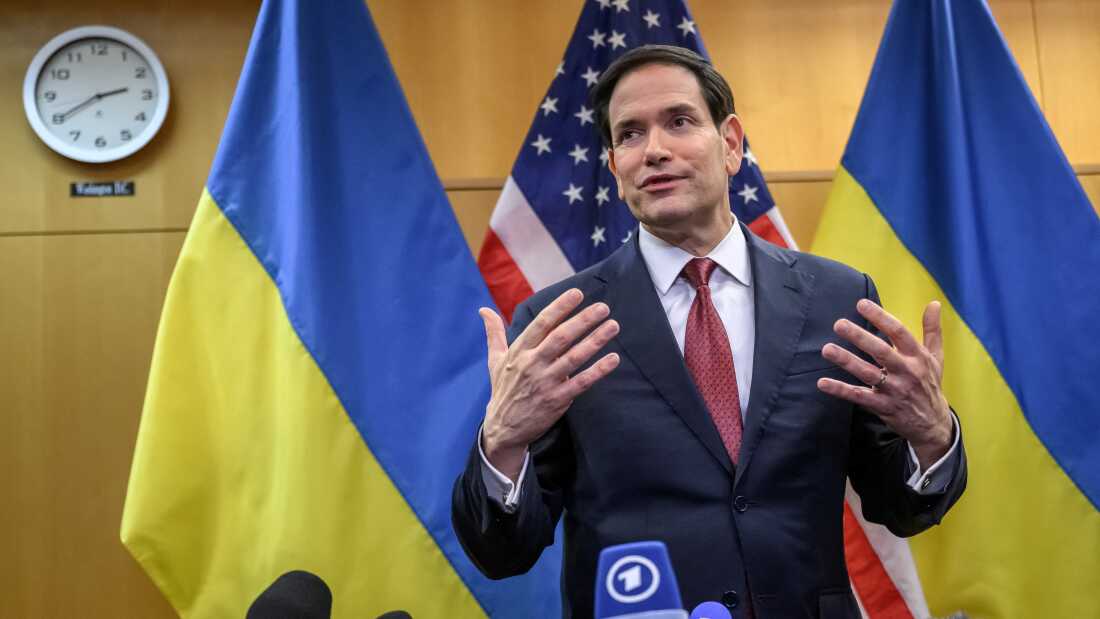Unlock the Editor’s Digest free of charge
Roula Khalaf, Editor of the FT, selects her favorite tales on this weekly publication.
The Financial institution of Japan is on track to boost rates of interest on Friday, in line with economists, so long as Donald Trump’s presidential inauguration speech doesn’t set off market turmoil.
A price enhance by Japan’s central financial institution — from the present 0.25 per cent degree to 0.5 per cent — would additional entrench the normalisation of the nation’s financial coverage after years of unfavorable or zero rates of interest.
This week’s assembly follows mounting hypothesis that latest knowledge on the Japanese economic system has given BoJ governor Kazuo Ueda the “one more notch” of data he mentioned he wanted when he saved charges on maintain in December.
Markets have additionally centered on a speech by Ueda’s deputy final week that was broadly interpreted as suggesting situations would now justify a rise. The yield on the benchmark 10-year Japanese authorities bond rose to 1.25 per cent — the very best since April 2011 — within the wake of his feedback.
After confusion over Ueda’s feedback in December, economists had been cut up on whether or not January could be too quickly for a rise. However most have flipped their forecasts in latest weeks. A Reuters ballot discovered 80 per cent of economists believed the BoJ would elevate charges this month.
Though the chance of market turmoil linked to the US remained important, “it appears that at least the BoJ’s stance on rate hikes has completely changed since December”, mentioned Naohiko Baba, chief Japan economist at Barclays.
Nonetheless, the arguments for and in opposition to a rise stay finely balanced, mentioned economists.
Holding charges might put additional stress on the yen. Though the Japanese forex strengthened to about ¥156 in opposition to the greenback final week on rising expectations for a price rise, the yen stays at traditionally low ranges and near the place Japanese authorities have intervened previously.
Then again, the BoJ will likely be cautious of a risky week following Trump’s inauguration and whether or not, as UBS economist Masami Adachi put it, “markets [will] tumble with a panic-like magnitude”.
Governor Ueda, mentioned Adachi, now seemed to be “very cautious” on the problem.
Officers mentioned policymakers had been cautious of reigniting the form of markets turmoil that adopted the central financial institution’s determination to boost charges in July — a transfer that stunned economists, triggered accusations of miscommunication and despatched the Nikkei 225 inventory common down greater than 12 per cent, its greatest one-day drop in historical past.
Even with out the uncertainty surrounding Trump, economists and buyers have complained of complicated indicators from the BoJ in latest months, specifically the unexpectedly dovish tone of Ueda’s press convention in December.
Economists mentioned the BoJ had not been clear on whether or not it believed Japanese wages had been rising sustainably after a long time of stagnation, a pattern the financial institution desires to see because it normalises rates of interest.
Markets interpreted Ueda’s December feedback to imply that he wouldn’t be happy concerning the path of wage progress till the Japanese commerce unions’ umbrella group launched its first estimate of spring wage will increase from the shunto negotiations in mid-March.
The abstract of the BoJ’s December assembly, during which one member dissented and known as for a rise in charges, additionally pointed to a divided committee.
One member mentioned on the assembly that there had been a “paradigm shift in corporate behaviour” that will guarantee wage progress remained sturdy.
One other member warned, nevertheless, that client attitudes in the direction of rising costs had been “still severe” and that firms could be hesitant to move wage will increase into costs.
Officers on the central financial institution mentioned the movement of latest financial knowledge, studies from native companies on the bottom and testimonies from the central financial institution’s regional department managers in January might give Ueda and different policymakers the arrogance to maneuver.
Economists additionally pointed to a speech final week by Ryozo Himino, the BoJ’s deputy governor, which they mentioned appeared calculated to “reset” the impression of dovishness left by Ueda in December.
Himino struck an optimistic tone on Japan’s battle to place deflation and stagnation in its previous and on the energy of the US economic system.
Stefan Angrick, senior economist at Moody’s Analytics, mentioned if the Japanese economic system was certainly turning a nook, it was unclear why the central financial institution had not already raised charges.
“All the data cited were available at the end of last year,” mentioned Angrick, including that it was nonetheless a stretch to argue that Japanese inflation was being pushed by bettering home situations.
“Behaviour hasn’t changed in a way that would lead to stronger demand-driven price pressure further out,” he mentioned. “Household budgets are still strained, and firms are piling up cash at record rates.”
Katsuhiko Aiba, Citigroup Japan economist, mentioned Himino’s speech could be meant to specific hawkishness to assist the yen forward of this week’s assembly, whereas in actuality the central financial institution was planning to carry charges.
“However, if policy is left unchanged next week, a weaker yen will be inevitable in any case, so we do not see much benefit to bluffing,” mentioned Aiba.




